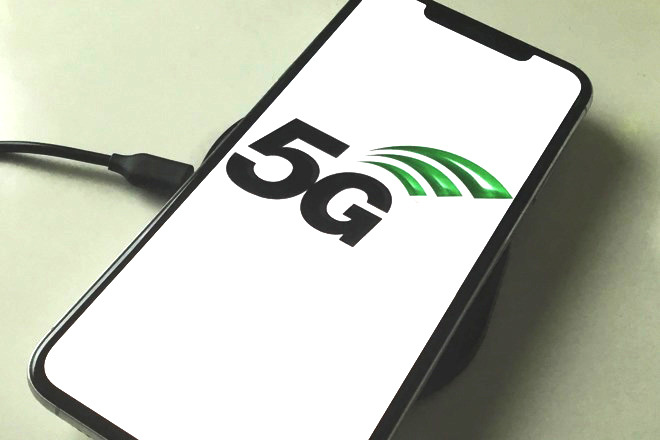Verizon on Thursday announced 20 further U.S. cities set to get 5G, including the fastest version of the standard, millimeter wave (mmWave) — a technology T-Mobile's CTO says won't make it beyond urban borders.
Verizon is aiming to surpass 30 cities by the end of 2019, having already begun limited deployment in Chicago and Minneapolis. The 20 revealed today include: Atlanta, Boston, Charlotte, Cincinnati, Cleveland, Columbus, Dallas, Des Moines, Denver, Detroit, Houston, Indianapolis, Kansas City, Little Rock, Memphis, Phoenix, Providence, San Diego, Salt Lake City, and Washington, D.C.
The carrier is meanwhile launching preorders for the Samsung Galaxy S10 5G, one of its first 5G-compatible phones. Prices, however, start at $1,299.99 if bought outright, with a $10 monthly 5G fee on top of regular data. Buyers can however get the fee waved, a $200 prepaid Mastercard, and up to $450 for a trade-in if they're switching to Verizon, buying the S10 5G on a payment plan, and opting for Verizon Unlimited.
It's likely that Verizon's mmWave will be scattered in pockets across each city, in part because of its inherently short range.
On Monday, T-Mobile CTO Neville Ray argued that mmWave "will never materially scale beyond small pockets of 5G hotspots in dense urban environments," as it "doesn't travel far from the cell site and doesn't penetrate materials at all." In an animated GIF, Ray even demonstrated a mmWave signal being cut off by a door.
"We all need to remind ourselves this is not a coverage spectrum," Verizon CEO Hans Vestberg commented a day later.
Beyond just executives commenting on 5G spread, or the lack thereof, AppleInsider has been told by multiple sources that rollouts for all carriers will be a "years-long" affair. Sources familiar with the matter aren't expecting full deployment in Washington D.C. itself for four or more years, and the technology may never fully make it out to the larger DC metropolitan area suburbs.
iPhones aren't expected to include 5G modems until 2020. That may be a result the now-ended Apple v. Qualcomm battle, as well as slow development by Intel. Intel dropped out of the 5G race shortly after the Qualcomm settlement, leaving one supplier for 5G in the iPhone.
 Roger Fingas
Roger Fingas







-m.jpg)






 Marko Zivkovic
Marko Zivkovic
 Christine McKee
Christine McKee
 Andrew Orr
Andrew Orr
 Andrew O'Hara
Andrew O'Hara
 William Gallagher
William Gallagher

 Mike Wuerthele
Mike Wuerthele
 Bon Adamson
Bon Adamson


-m.jpg)



42 Comments
From the reading I’ve done, my understanding is the high bandwidth features of 5G depend on mm wavelength signal, but that spectrum is also incredibly poor at penetrating objects and needs very closely spaced antennae. That would fit with T-Mo’s position that it will only be available or viable in dense urban areas. This makes me wonder - first, how effective will mmWave be in urban areas if it is so susceptible to obstruction by physical objects. Second, what will be the actual usable features of 5G, both in urban areas and in areas that don’t have mmWave coverage? Everyone touts speed, latency and increasing the number of devices. Latency isn’t going to matter for the vast majority of people. What kind of speeds can we realistically expect to see?
So which version of the 5G standard will be optimal for suburban locations?